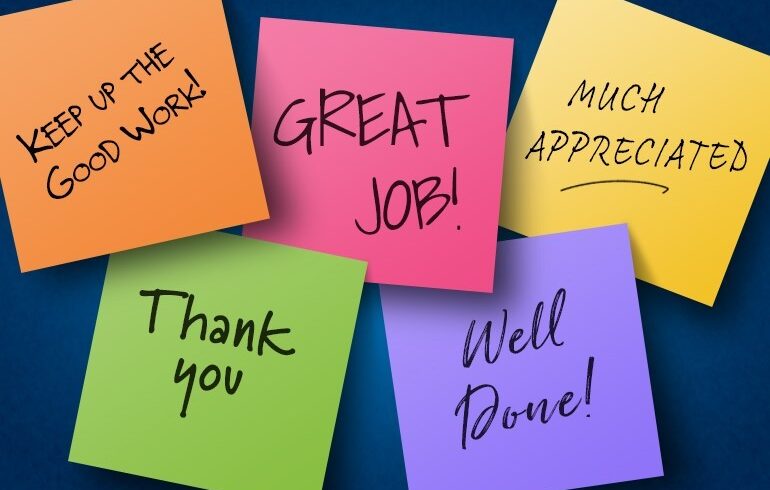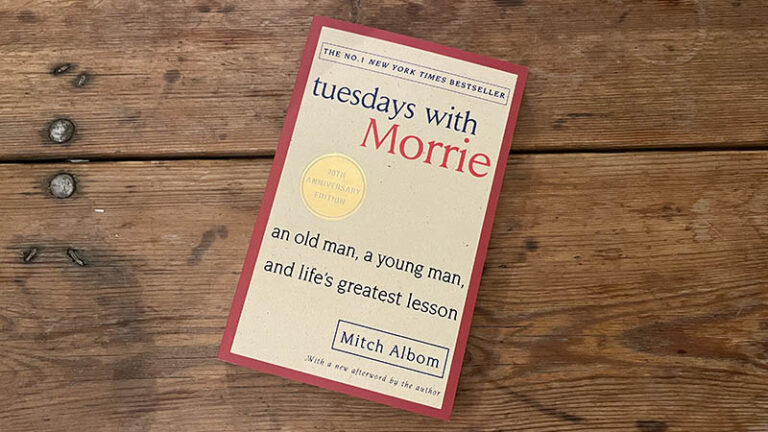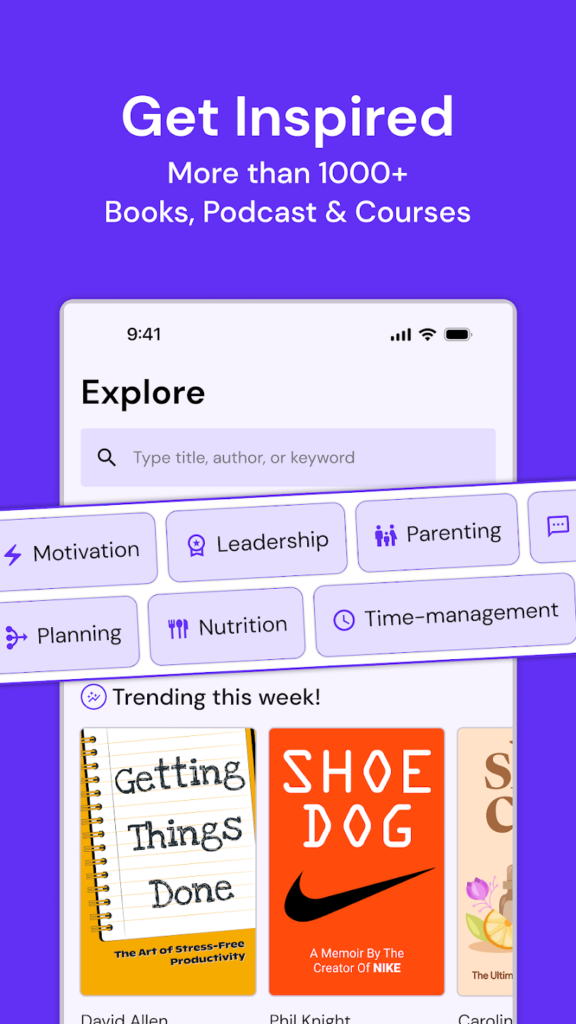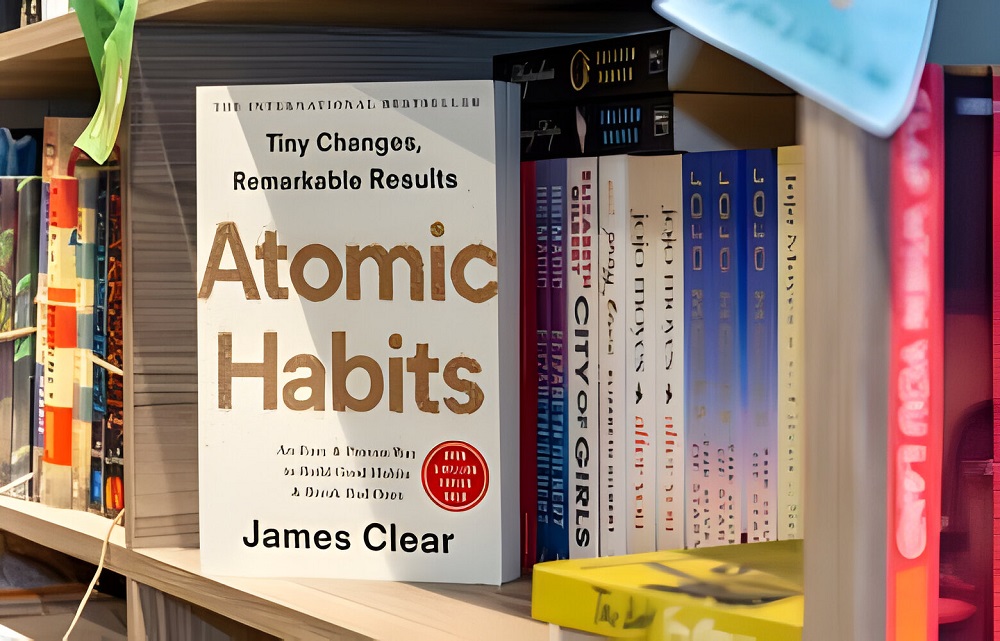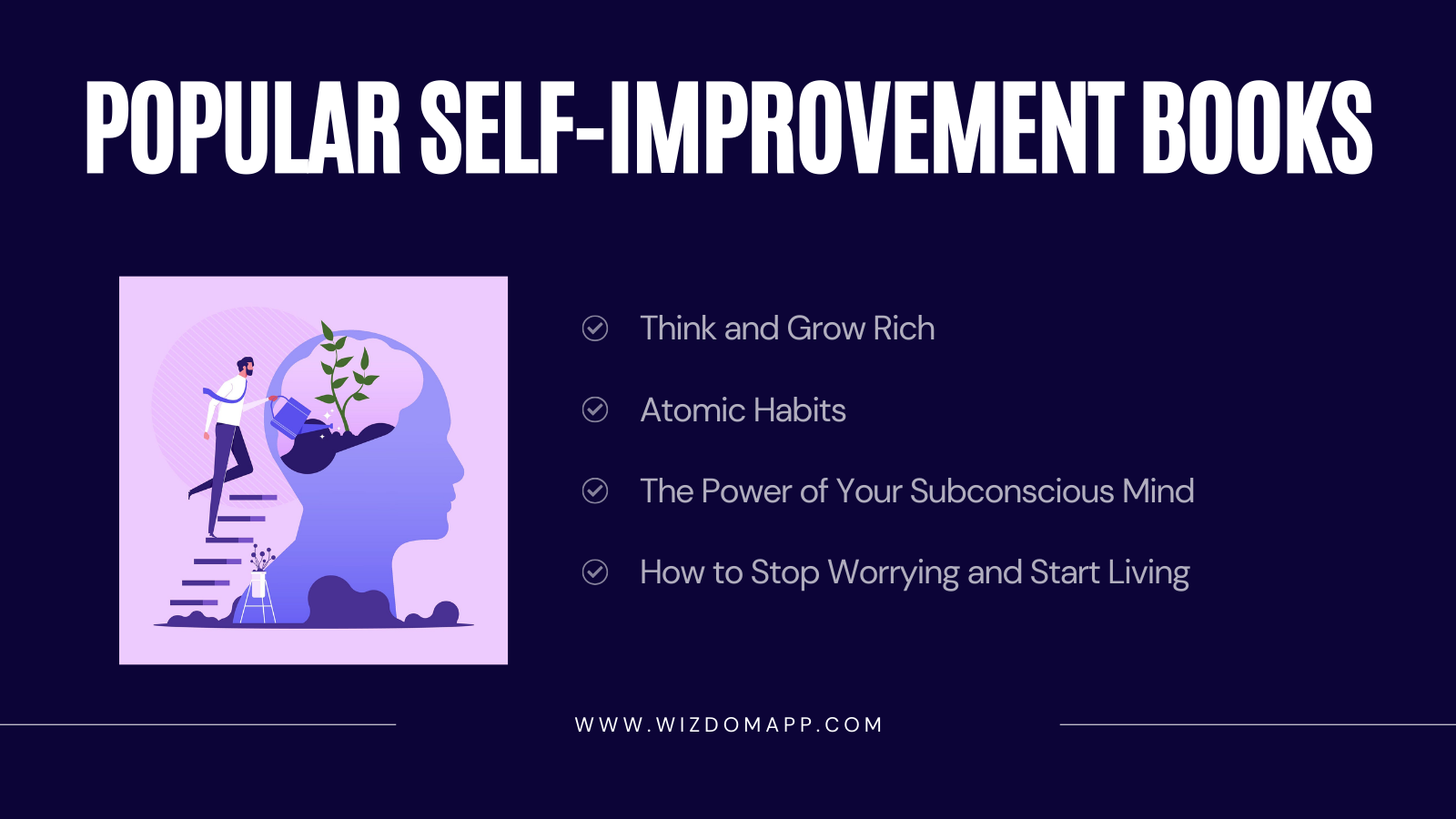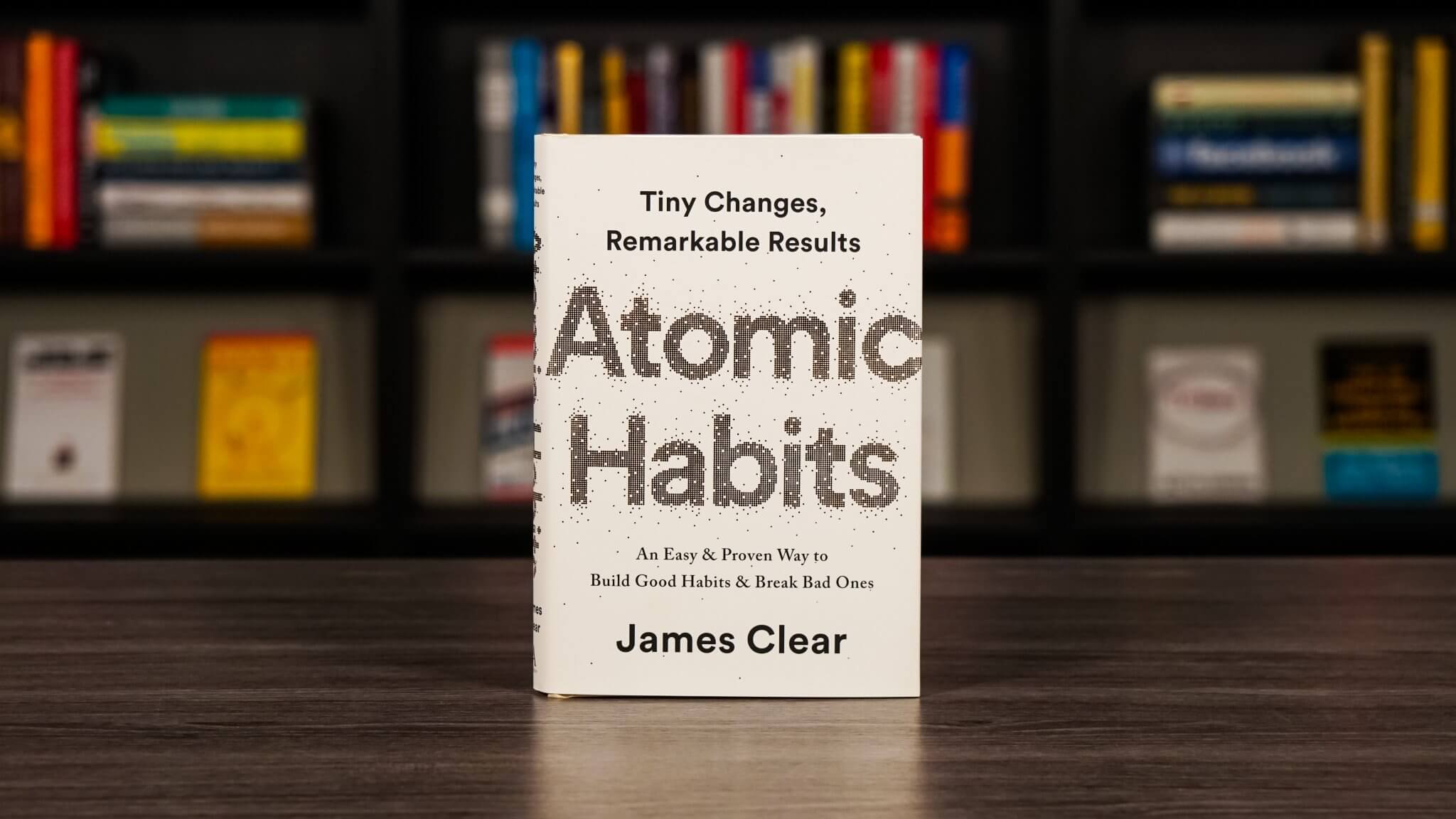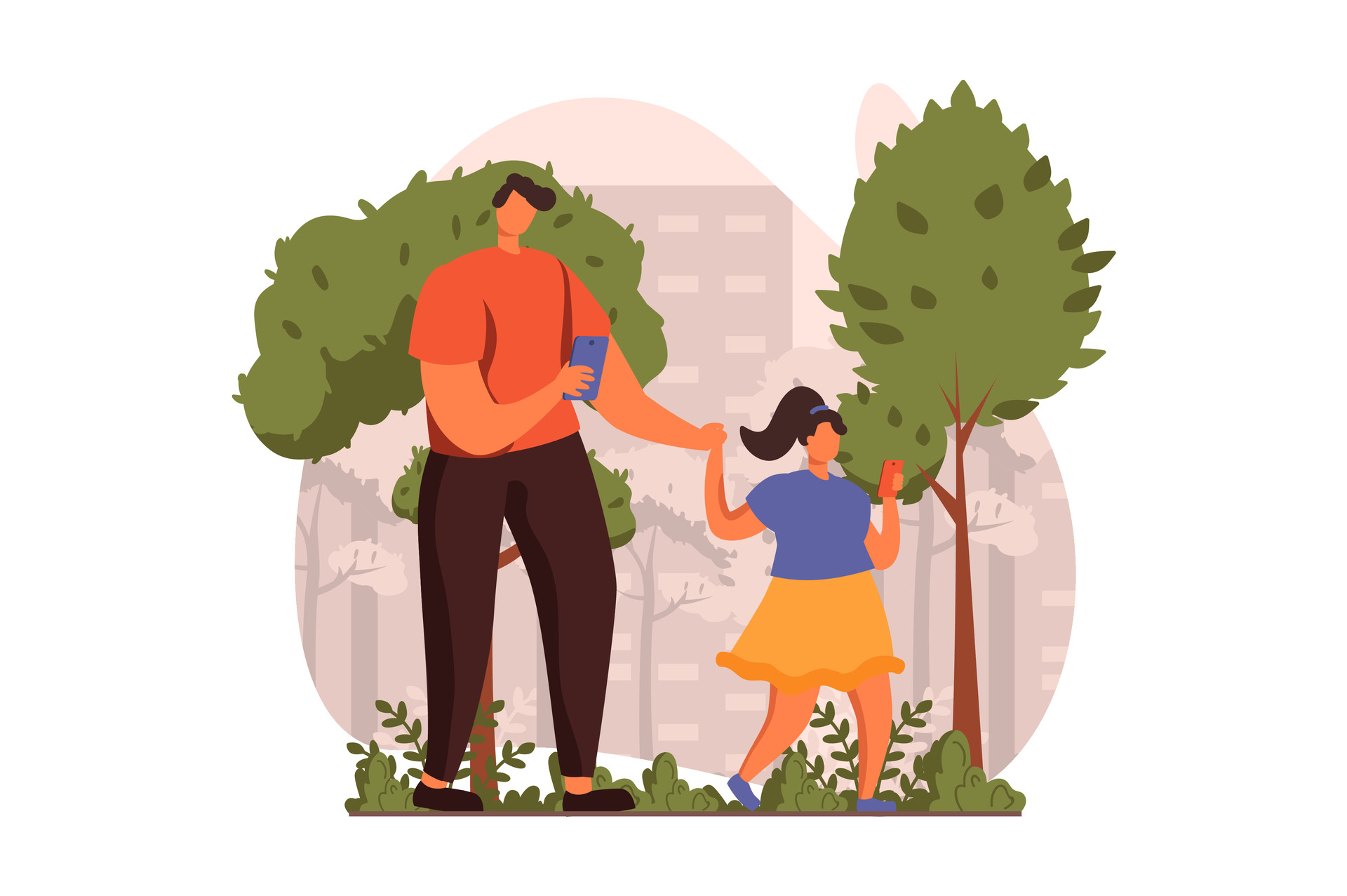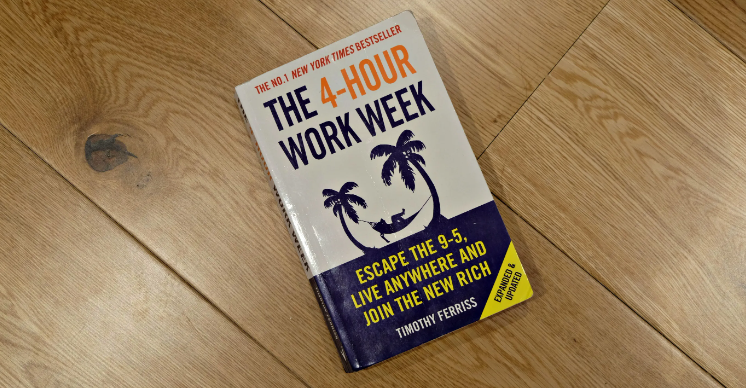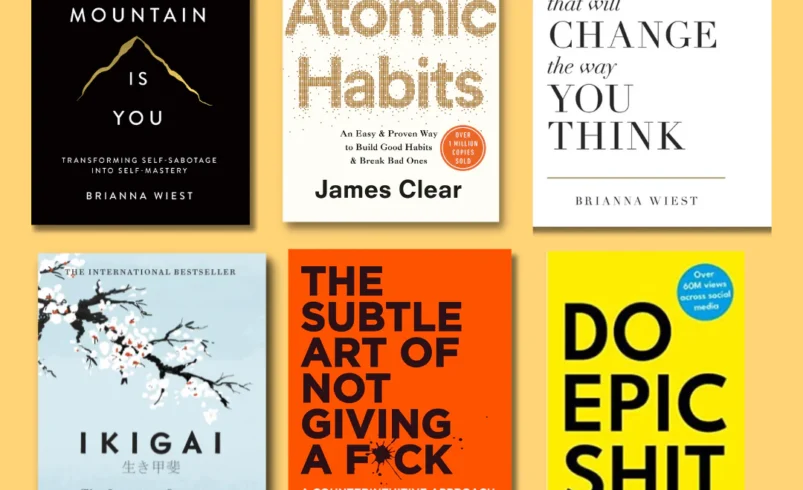
Self-help books have a reputation.
They’re either life-changing, full of wisdom nuggets that make you go “Aha!”… or they’re just a series of long-winded anecdotes that leave you wondering why you picked the book up in the first place. If you’re reading this, you probably fall into the first camp or, more likely, you’re a hybrid – excited about the idea of self-improvement but still figuring out how to extract maximum value from these self-help gurus.
So, how do you actually read self-help books? Is there a magical process that allows you to walk away with all the secrets to success, happiness, and eternal productivity without drowning in jargon or abandoning the book halfway through?
[Spoiler: there is no magic formula. But! There are some effective strategies to help you absorb, implement, and genuinely benefit from self-help books without losing your mind. Let’s dive in.]
-
Contents
Don’t Read a Self Help Book Like It’s a Novel
Self-help books aren’t meant to be read in one sitting. This isn’t a juicy thriller where the protagonist’s life depends on turning the next page. Instead, treat self-help books like a buffet: take small bites, savour the flavours, and then step away for a bit. If you approach these books with the same mindset as you would a novel – expecting a linear, fast-paced journey – you’re bound to get bored, or worse, overwhelmed by the “You can do anything!” enthusiasm by Chapter Three.
Read in chunks, and give yourself time to digest what you’ve learned. The best part? You can always come back for seconds. Or dessert.
-
Highlight, but Don’t Highlight Everything
We’ve all been there. You pick up a highlighter with every intention of marking just the good stuff, and before you know it, half the book looks like an art project. The goal is to focus on key ideas – those sentences that really resonate or challenge you. Ask yourself: “Does this add value to my life, or do I just like the way it sounds?”
Here’s a simple rule of thumb: if a passage makes you pause and think, “Wow, I never thought of it like that,” highlight it. But if it’s something along the lines of “Believe in yourself!” – well, you probably don’t need another neon reminder.
-
Pause and Reflect (Yes, You Have to Think)
Self-help books often drop life-altering advice with such casual ease that it’s easy to speed through the pages without really *thinking* about what you’ve just read. Instead of racing to the end, stop every few chapters to reflect on what you’ve absorbed so far.
Consider how the advice applies to your life. Does it challenge your current way of thinking? Can you implement it tomorrow? And, more importantly, are you willing to? Because if you’re not, well, it’s not the book’s fault. The magic only works if you’re willing to give it a shot.
-
Start a Journal, Even If You Hate Writing
I know what you’re thinking: “I read to escape writing, not to add more work to my plate!” But trust me, starting a journal to jot down your thoughts while reading can be a game changer. You don’t have to write essays (unless you’re into that sort of thing); just note the points that stand out to you, along with any goals or actions that come to mind.
Journaling helps you process ideas and see patterns. Plus, nothing beats flipping back through your journal a few months later and realising how far you’ve come – or how badly you need to re-read that chapter on procrastination.
-
Don’t Read 10 Self-Help Books at Once
Self-help books have this addictive quality where one leads to another, and before you know it, you’ve got a stack of motivational literature on your nightstand that could rival the Great Wall of China. Here’s the thing: it’s tempting to keep grabbing new books, but true growth comes from applying what you’ve already learned, not collecting endless wisdom without taking action.
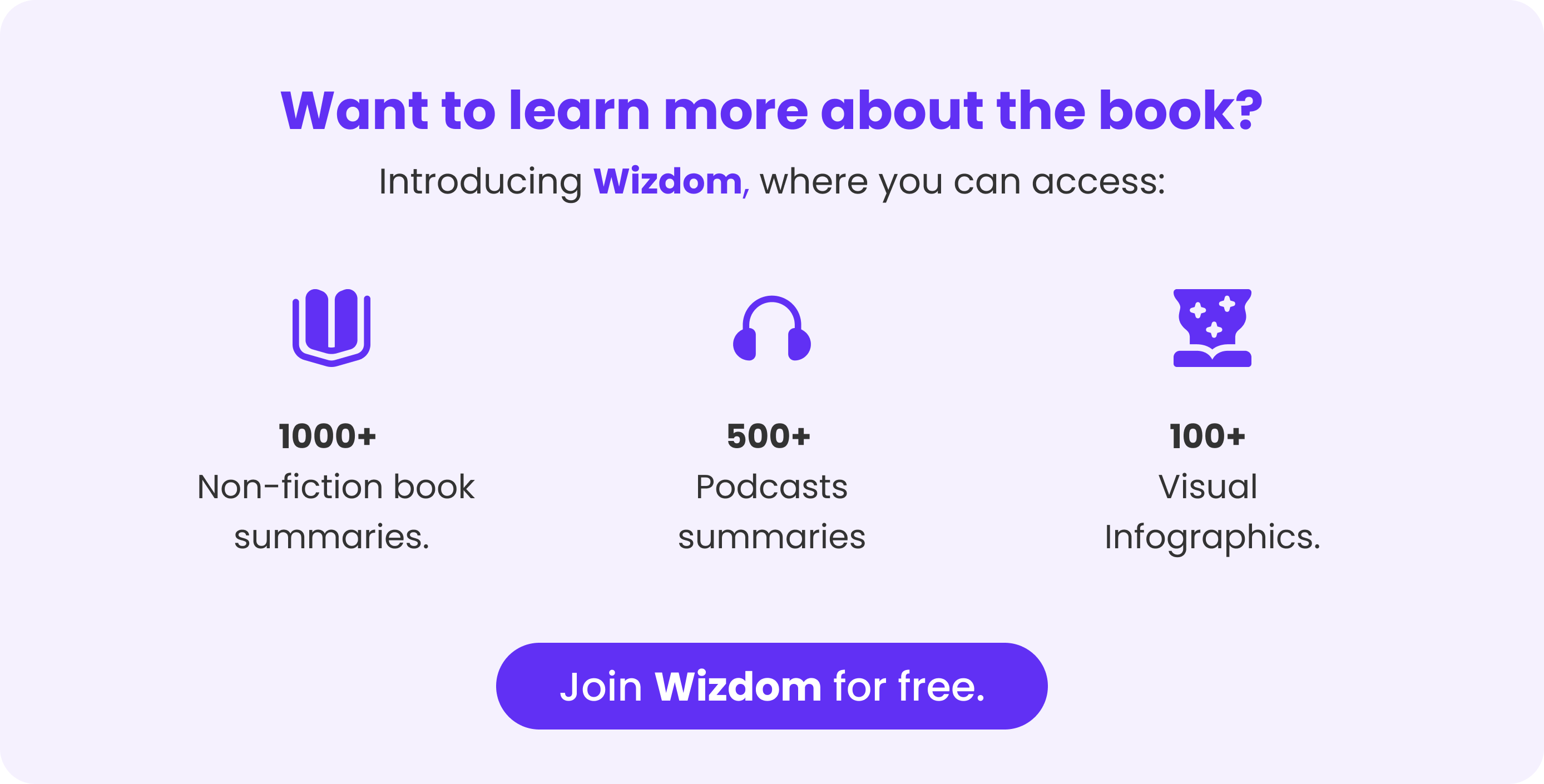
Finish one, implement its lessons, and then move on. Think of it like working out: reading multiple self-help books at once is like doing 10 different workouts without ever mastering one. You’ll be sore in all the wrong places.
-
Apply as You Go
Reading self-help books is a little like learning how to swim. You can’t just read the theory and expect to be Michael Phelps; you have to jump in the water at some point. Don’t wait until you’ve finished a book to start implementing its advice. If you come across a tip that resonates, put it into practice immediately – whether it’s a mindset shift, a new habit, or just doing something small like waking up 15 minutes earlier.
Action creates momentum. And the sooner you start, the easier it’ll be to carry those lessons with you into the rest of your life.
-
Reread (Yes, Seriously)
The beauty of self-help books is that they’re not a one-and-done deal. A lot of wisdom in these books will only make sense or resonate deeply at certain points in your life. What seemed like generic advice when you first read it might hit you like a ton of bricks when you revisit it a year later.
So don’t be afraid to reread books or even just specific chapters. It’s like watching a good movie – there’s always something new to pick up on a second or third viewing.
If you’re nodding along with these tips but already feeling overwhelmed at the thought of all the books you still want to read, here’s the cheat code: Wizdom.
Imagine an app that breaks down the most popular self-help books into bite-sized summaries – the kind you can digest during your morning coffee. The Wizdom app does just that, offering you key takeaways, practical tips, and bite-sized knowledge from all those self-help classics you’ve been meaning to get to. No more feeling guilty about unfinished books or getting stuck in Chapter Two. Wizdom gives you the essentials, so you can start applying the wisdom right away.
Plus, it’s perfect for those who claim to be “too busy” to read (you know who you are). Whether you’re commuting, running errands, or procrastinating on social media, Wizdom helps you make the most of your time by feeding your brain a steady diet of self-improvement – without overwhelming you.
Self-help books can be a game changer if you read them the right way – with intention, patience, and a willingness to apply what you’ve learned. But remember: the magic doesn’t happen just by reading. It’s about what you *do* with that knowledge that counts.
And when in doubt, there’s always Wizdom – your shortcut to levelling up without burning out.

Zia Hawwa
Currently pursuing a Degree in Criminology, Zia’s passions lie in the world of literature and the human psyche. She loves what the world has to offer, and is always on the journey of satisfying her curiosity.
Recent Posts
- 25 Top Quotes from The 10X Rule to Supercharge Your Ambition
- 10 Books You Must Read to Succeed in Your Career
- 30 Little Tricks for Big Success in Relationships
- 25 Life-Changing Self-Help Books to Read This December: Boost Your Mood and Your Mind
- 25 Amazing Self-Care Tips for December: Wrap Yourself in Joy, Not Stress

